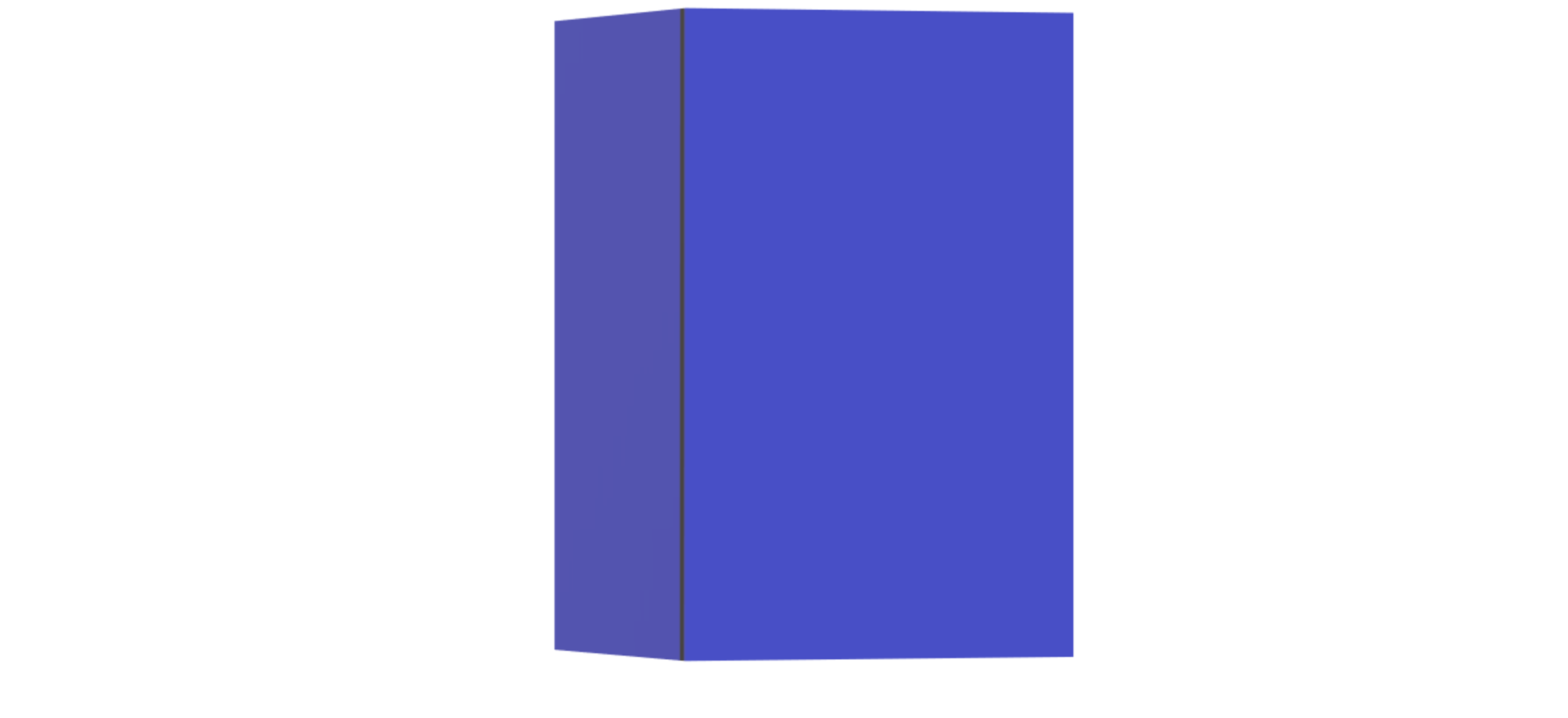The Overflow
I have a jug that is full of water. I gently pour the contents into a rectangular jar with its length being 1cm, its height being 4cm and its depth being 1cm, as shown in the image below.
 It exceeds its full capacity and overflows, and I quickly rush to get a cube-shaped cup, with its volume being 9 cubic centimetres. The water flows from the jar to the cup. There is no spillage whatsoever. By the time the cup is filled to its maximum capacity, the jug is 1/3 full. What is the volume of the jug, in cubic centimetres?
It exceeds its full capacity and overflows, and I quickly rush to get a cube-shaped cup, with its volume being 9 cubic centimetres. The water flows from the jar to the cup. There is no spillage whatsoever. By the time the cup is filled to its maximum capacity, the jug is 1/3 full. What is the volume of the jug, in cubic centimetres?
This section requires Javascript.
You are seeing this because something didn't load right. We suggest you, (a) try
refreshing the page, (b) enabling javascript if it is disabled on your browser and,
finally, (c)
loading the
non-javascript version of this page
. We're sorry about the hassle.
Firstly, you need to multiply the jar's length, height and depth, because the formula for volume is V = Length x Height x Depth, which will give you four cubic centimetres. Then you add with the cup's volume = 9 cubic centimetres, and you have 13 cubic centimetres. Because the jug was 1/3 full, we need to multiply the 13 cubic centimetres by 3, because a third multiplied by three gives you a whole. We now have 39 cubic centimetres, and so therefore can conclude that our answer is 39 cubic centimetres.